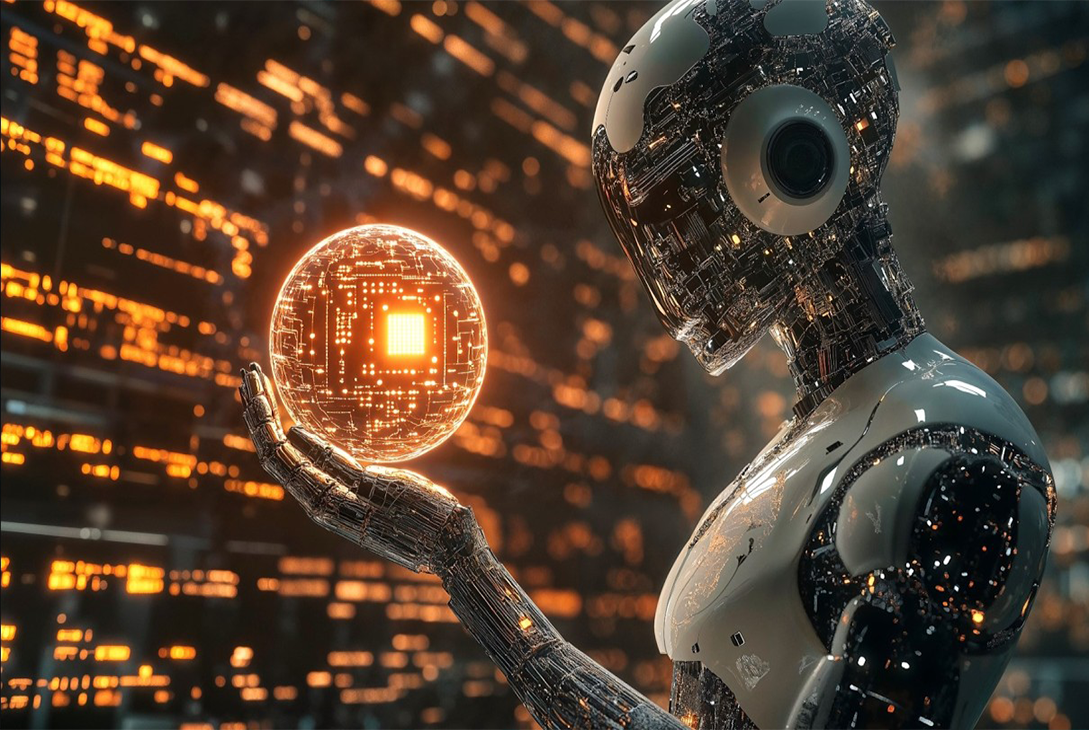Quantum computing promises to revolutionize the way we process information, tackling problems far beyond the reach of today’s most powerful supercomputers. Unlike classical computers that use bits as the smallest unit of data—either 0 or 1—quantum computers use qubits, which can exist in multiple states simultaneously thanks to a property called superposition. This unique capability allows quantum machines to perform complex calculations at astonishing speeds, potentially transforming fields like cryptography, drug discovery, climate modeling, and artificial intelligence. Another key concept is entanglement, where qubits become interconnected such that the state of one instantly influences the state of another, no matter the distance, enabling unprecedented parallel processing power. While quantum computers are still in their infancy and face significant technical challenges, such as error rates and qubit stability, research is advancing rapidly. Major companies and governments worldwide are investing heavily in quantum technology, anticipating a future where quantum computers solve problems classical computers simply can’t handle efficiently. For everyday users, quantum computing may seem abstract now, but its impact could eventually touch everything—from speeding up medical breakthroughs to optimizing supply chains and revolutionizing cybersecurity. Understanding the basics of this cutting-edge technology today helps us appreciate how computing will evolve and shape the world of tomorrow.
The Future of Computing: Quantum Computers Explained for Everyone

Visited 12 times, 1 visit(s) today



